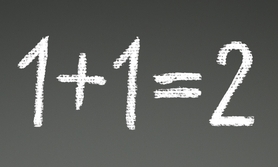As a holder of a SIA Licence linked Qualification in Private Investigations you have assessed that the enquiry is feasible, legitimate, ethical and proportionate and you ensure that all your work is conducted with full regard to legal, moral and ethical probity. Specifically, you are considering the Data Protection Act, Criminal Procedure and Investigations Act and the Regulation of Investigatory Powers Act when gathering information and evidence.
You analyse, grade and corroborate your information and evidence and proceed to gather further intelligence, information and evidence – your initial hypotheses might change and evolve as a result of your findings.
But what are hypotheses?
In simplistic terms, your hypotheses are your predictions, theories, inferences or estimations formed from the information and evidence at your disposal. In theory, a second investigator should formulate the same competing hypotheses when analysing the same information, intelligence or evidence.
Hypotheses are often crucial to progress matters and inform your methods and direction.
Experience, further information, intelligence and evidence will determine your dominant hypothesis. How, when, where, why?
It not all about Sherlock Holmes or Columbo – Investigators at all levels need to think inside and outside the box. Even working in the back office you will form hypotheses as you conduct and progress your work.
For example, your client or organisation send you a suspect statement and you read it carefully…you might make an assessment of the information and then formulate a couple of plausible hypothesis of why and how the collision could have occurred…based on the information to hand. The planning phase begins…
 Copyright secured by Digiprove © 2016 Kevin John Regan
Copyright secured by Digiprove © 2016 Kevin John Regan 







Leave a Comment